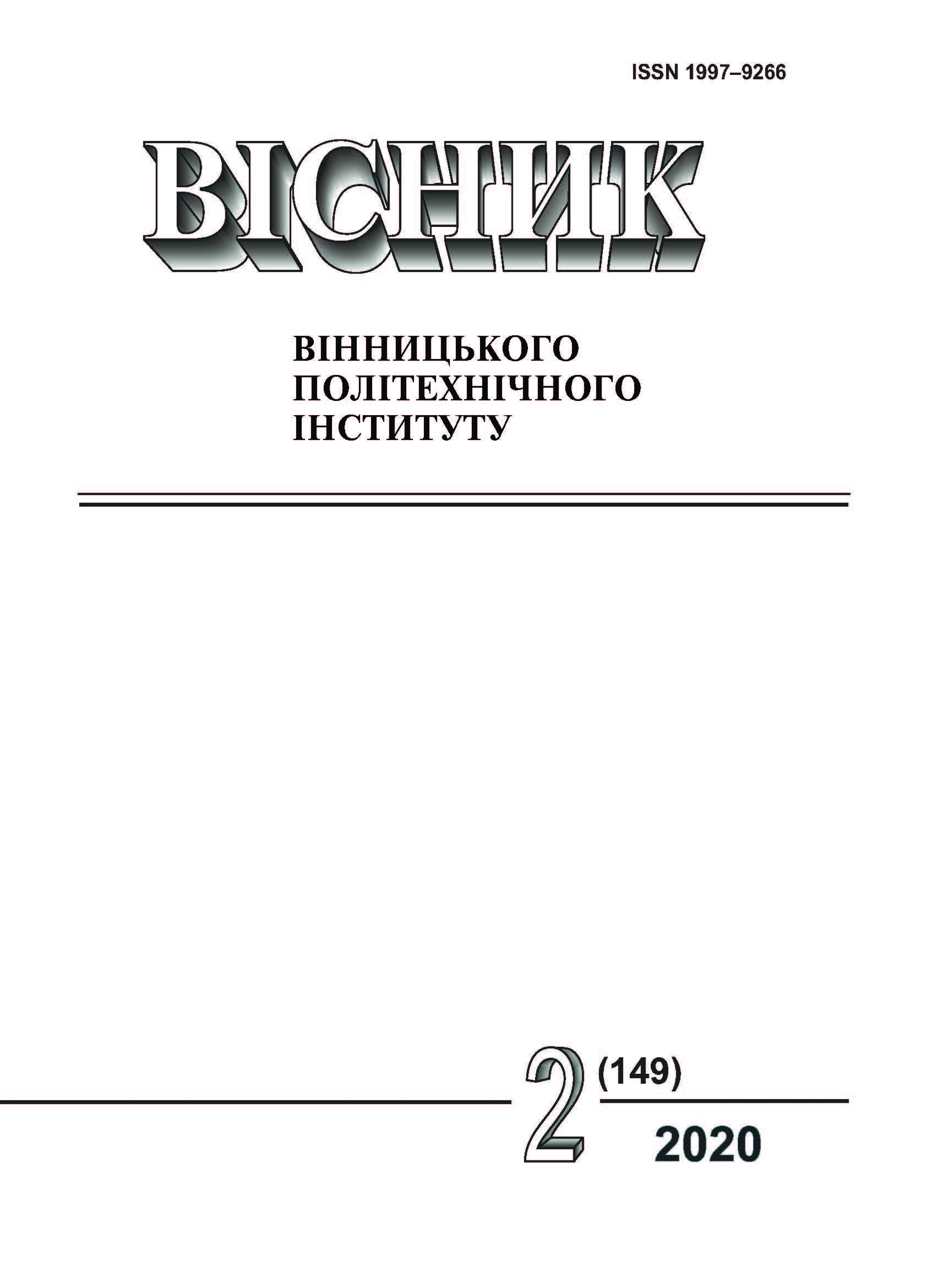Analysis of Social and Energy and Sustainable Efficiency of Biogas Technology Implementation
DOI:
https://doi.org/10.31649/1997-9266-2020-149-2-34-41Keywords:
biogas, exergy, biogas plant, energy effect, ecological and social effect, biofertilization effect, biogas utilization, heat generator, internal combustion engine, gas turbine system, triggering system, biomethane, carbon dioxide, bioreactorAbstract
The development of the biogas market in Ukraine is expected to allow to replace 2.6… 18 billion m3 of natural gas per year, which will enhance the country’s energy security, create new jobs, economic development of the regions, allow to cover peak loads in the electricity grid, utilize plant waste, as well as some food industry waste. Biogas technologies are properly integrated into the UN Doctrine of Sustainable Development. The cycle of one of them is the beginning of the second cycle. This results in virtually complete waste-free production and intensification of production at a sufficient distance from the dynamic ecosystem equilibrium boundaries. Such a comprehensive approach, from the point of view of UN experts, when waste and by-products of one production act as raw materials or semi-finished products for another, will be able to completely solve the problem of sustainable development of society
The main constituent effects (products) of biogas technology are analyzed: socio-ecological, agrotechnical (biofertilizer), energy. The exergy method of complex estimation of efficiency of biogas technology is formulated. A generalized functional diagram of biogas technology is proposed. The effectiveness of different options for utilization of biogas produced, including the use of direct combustion heat generators, internal combustion engines, steam turbine, gas turbine and microturbine installations, triggering systems, as well as technologies for biomethane production and its addition to the gas supply network are analyzed. According to the results of the research, rational variants of biogas utilization for biogas plants of different sizes have been identified. Groups of factors of influence on the processes of methanogenesis in biogas plants have been established. Physical factors of influence on the intensity of the fermentation process are analyzed. Technical and organizational solutions for improving the efficiency of biogas plants are proposed.
Downloads
-
PDF (Українська)
Downloads: 372
Published
How to Cite
Issue
Section
License
Authors who publish with this journal agree to the following terms:
- Authors retain copyright and grant the journal right of first publication.
- Authors are able to enter into separate, additional contractual arrangements for the non-exclusive distribution of the journal's published version of the work (e.g., post it to an institutional repository or publish it in a book), with an acknowledgment of its initial publication in this journal.
- Authors are permitted and encouraged to post their work online (e.g., in institutional repositories or on their website) prior to and during the submission process, as it can lead to productive exchanges, as well as earlier and greater citation of published work (See The Effect of Open Access).





